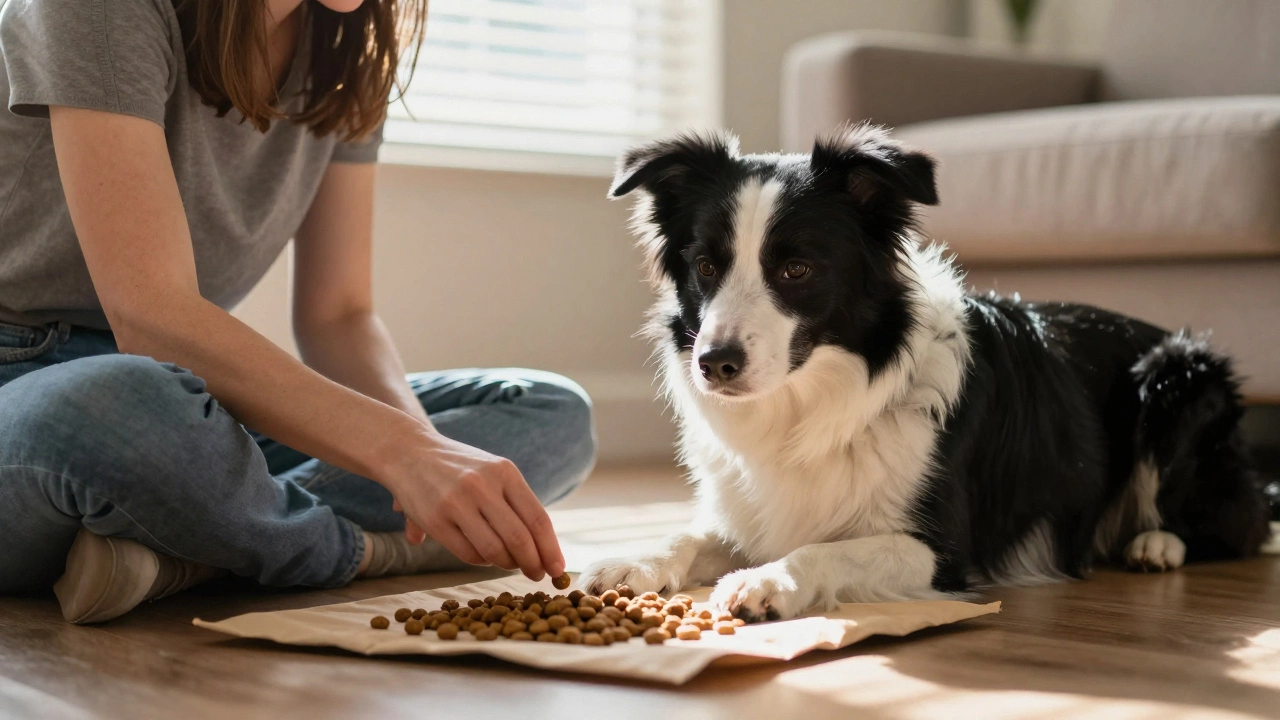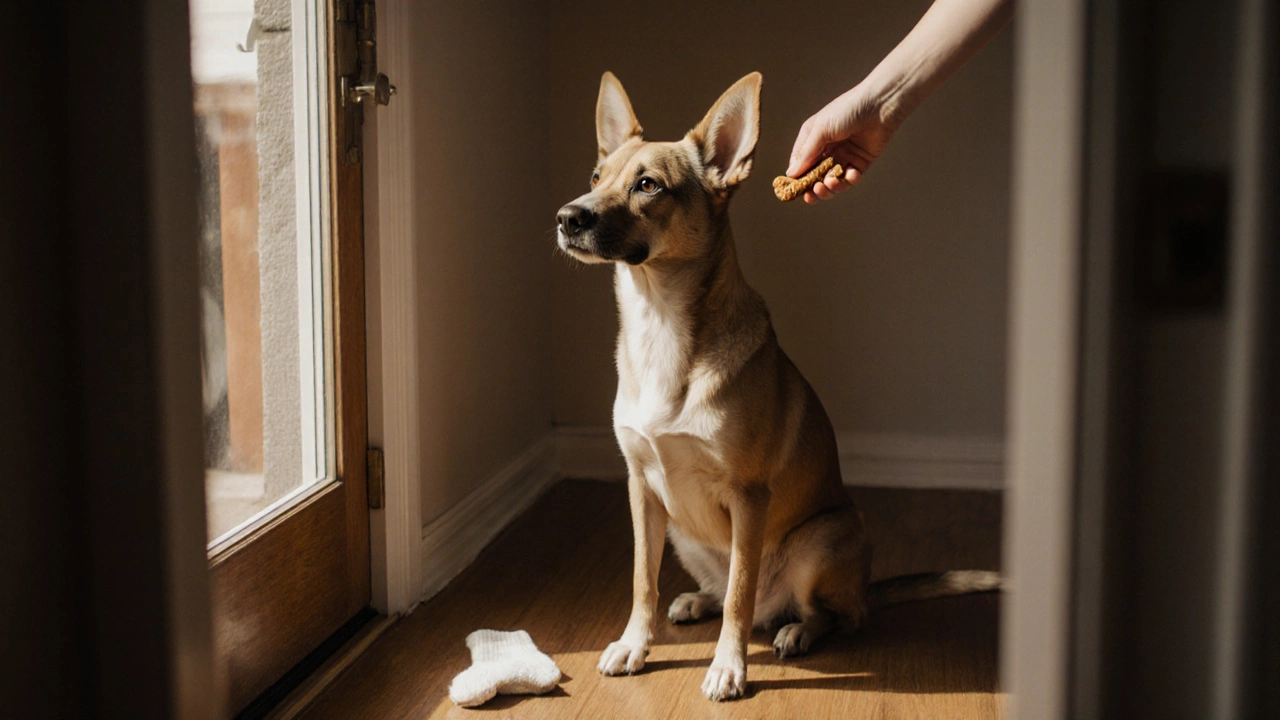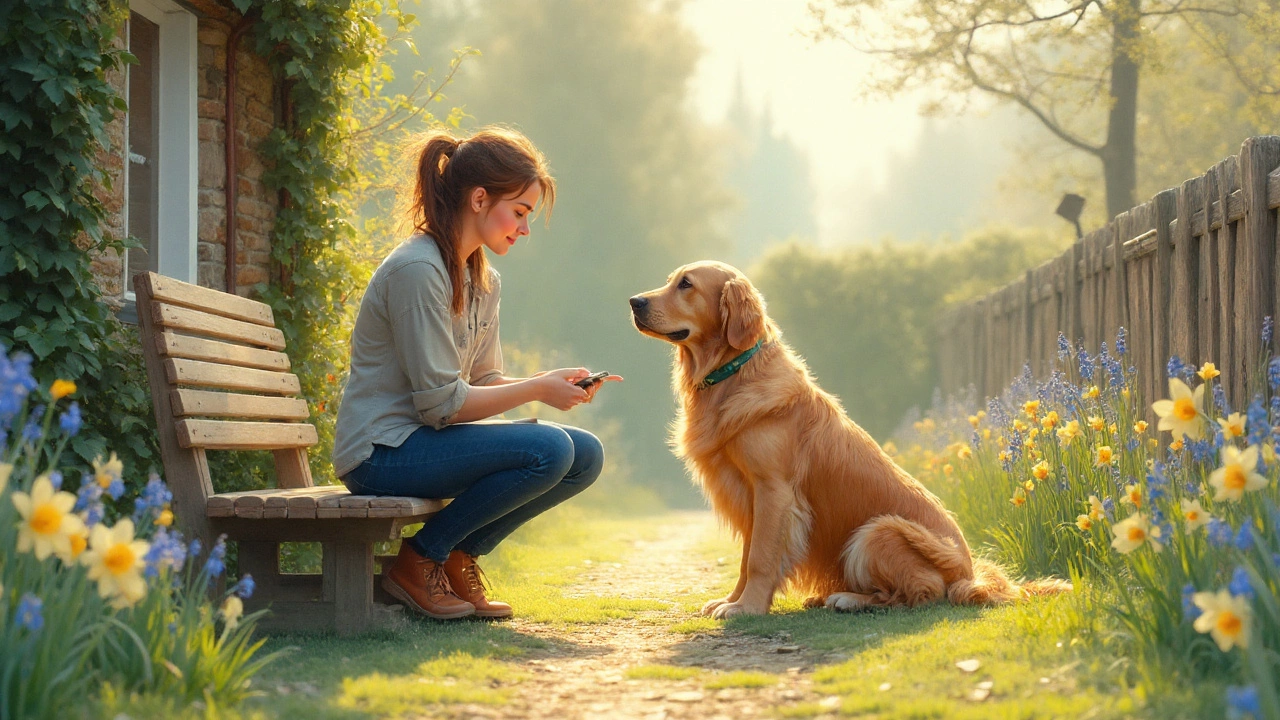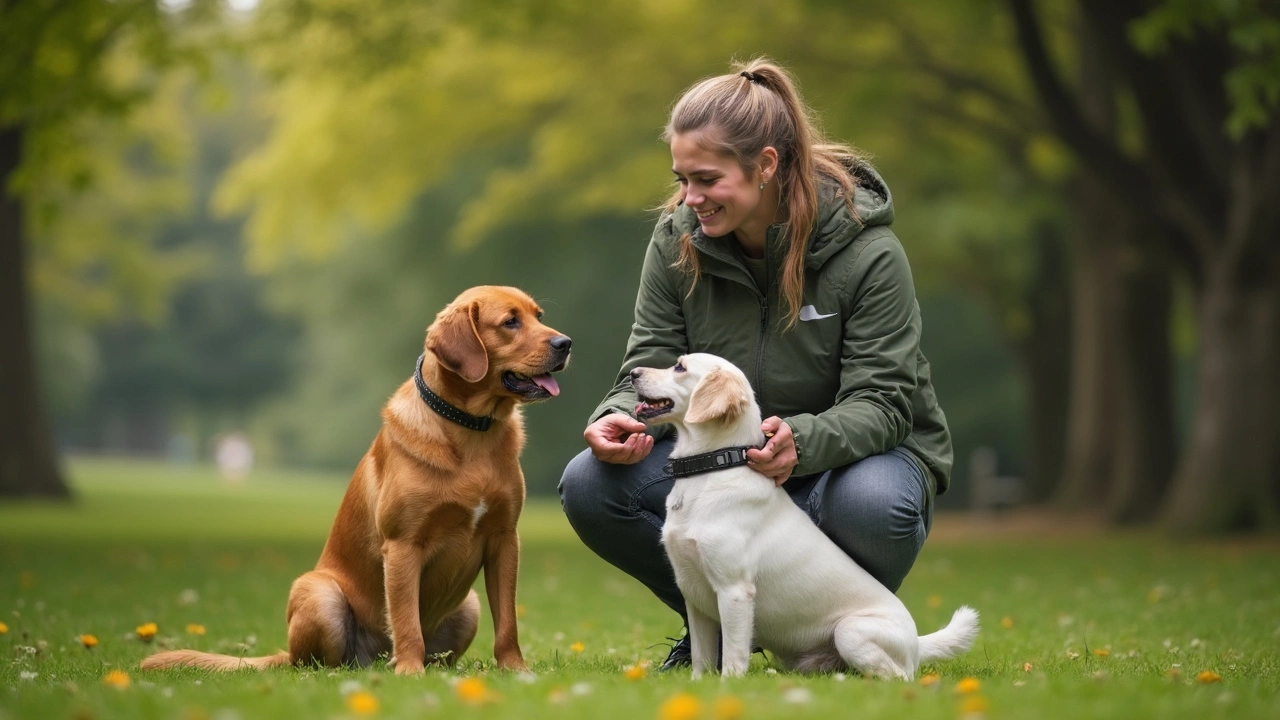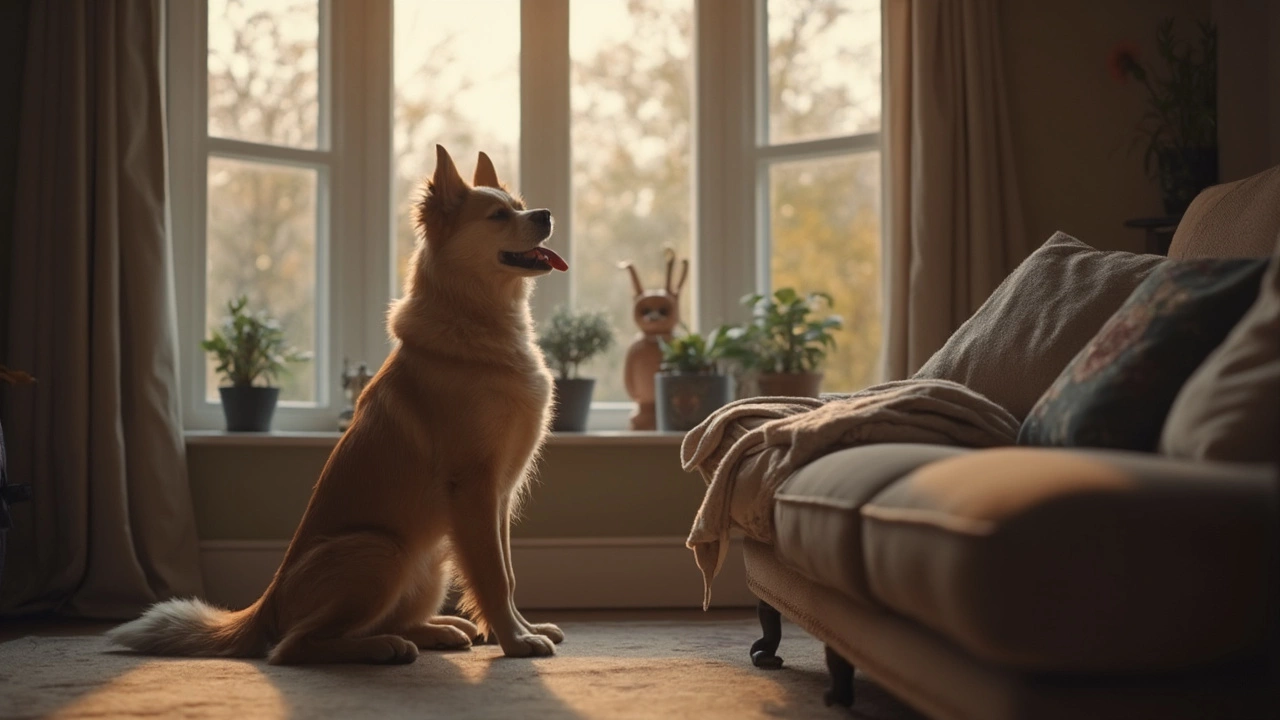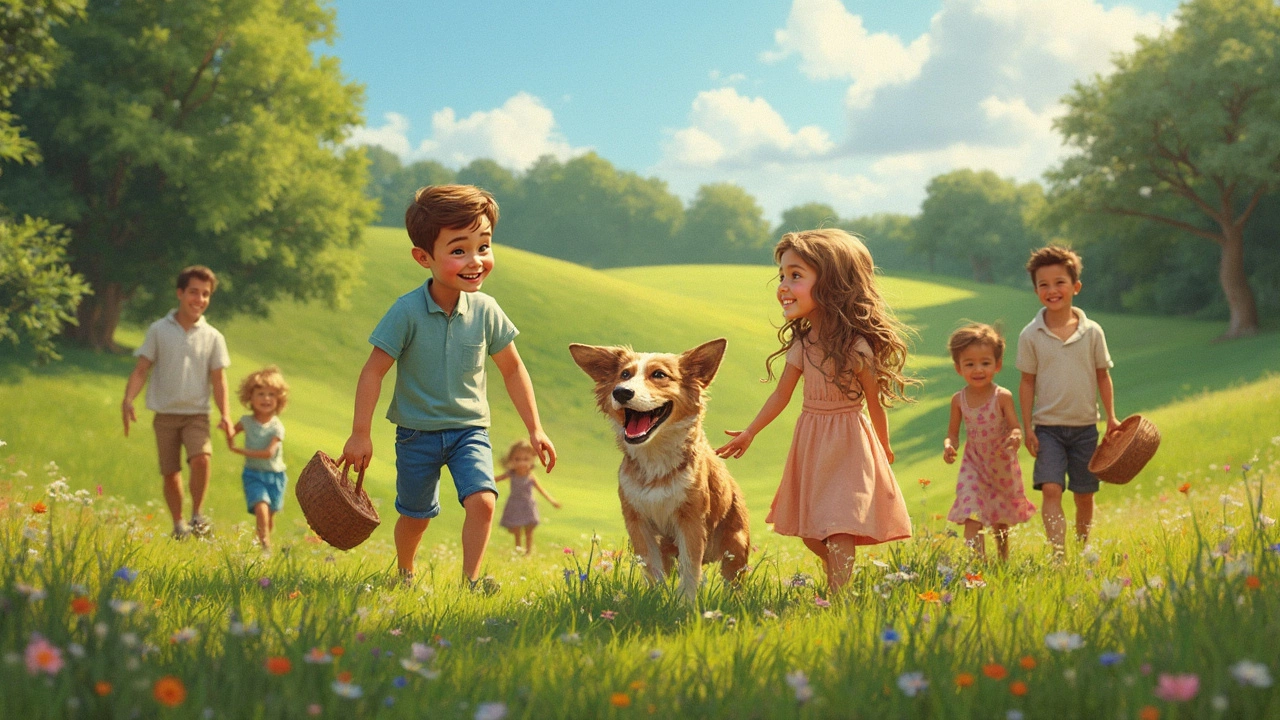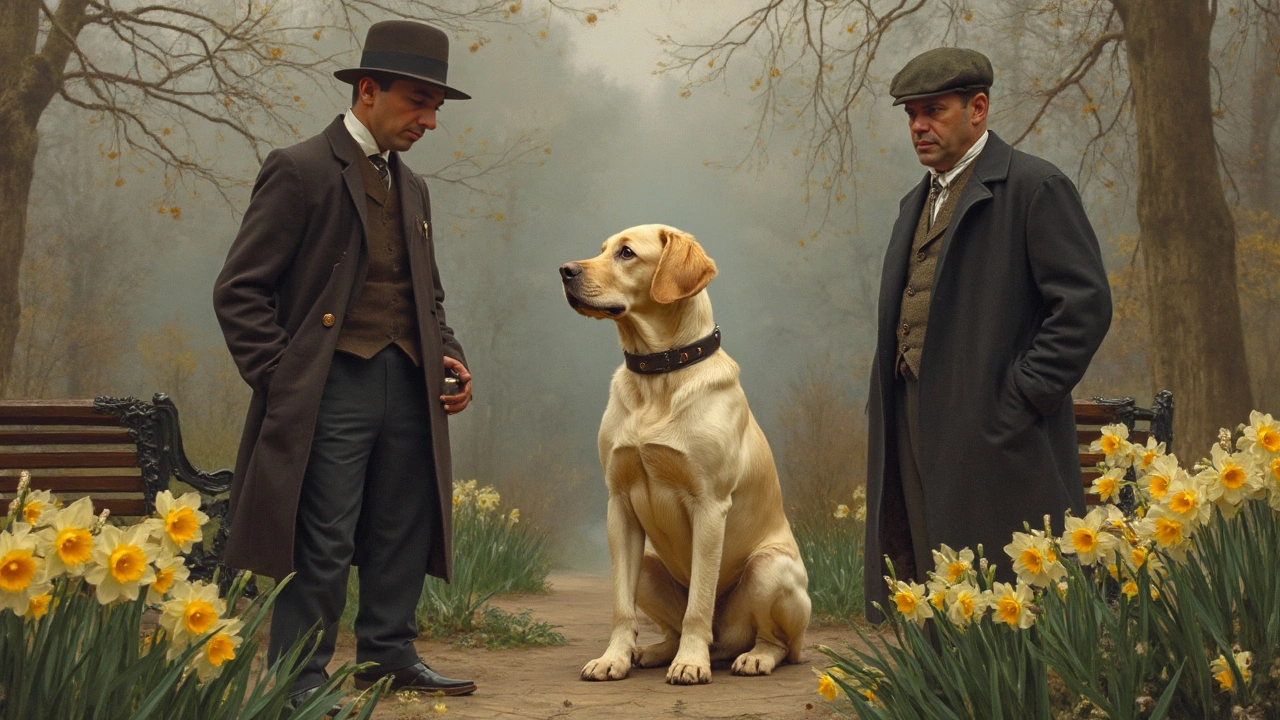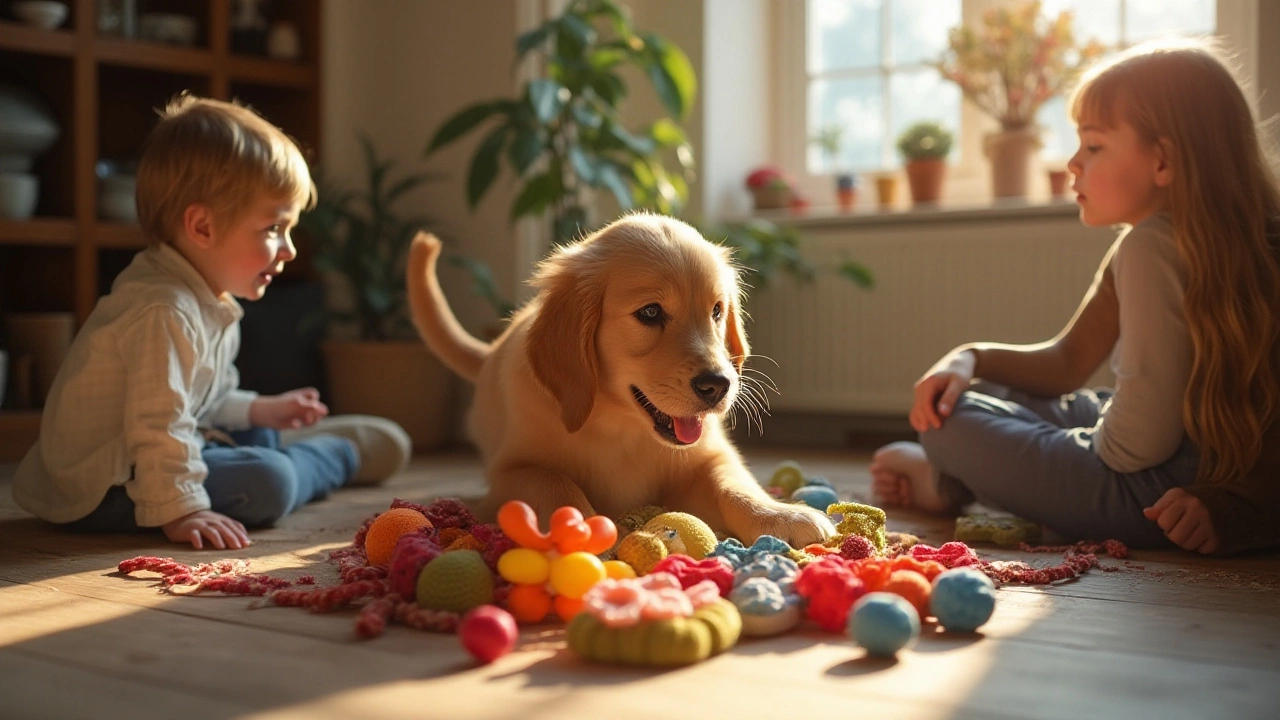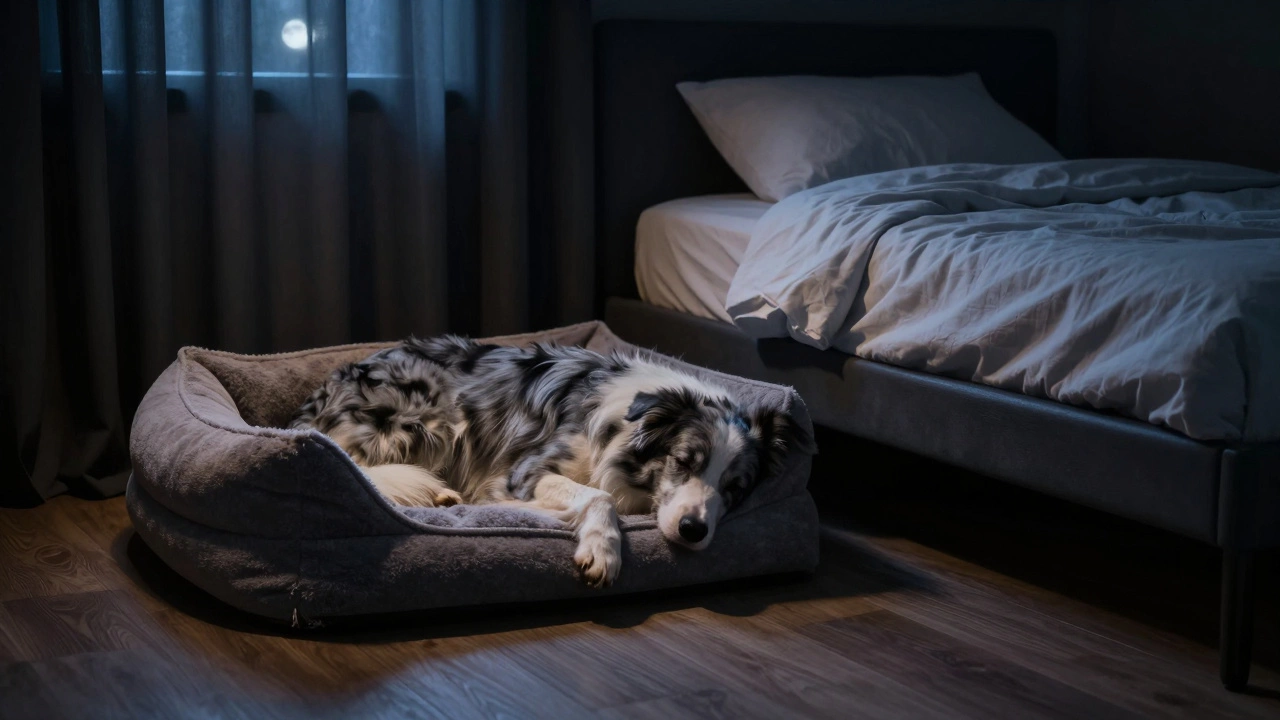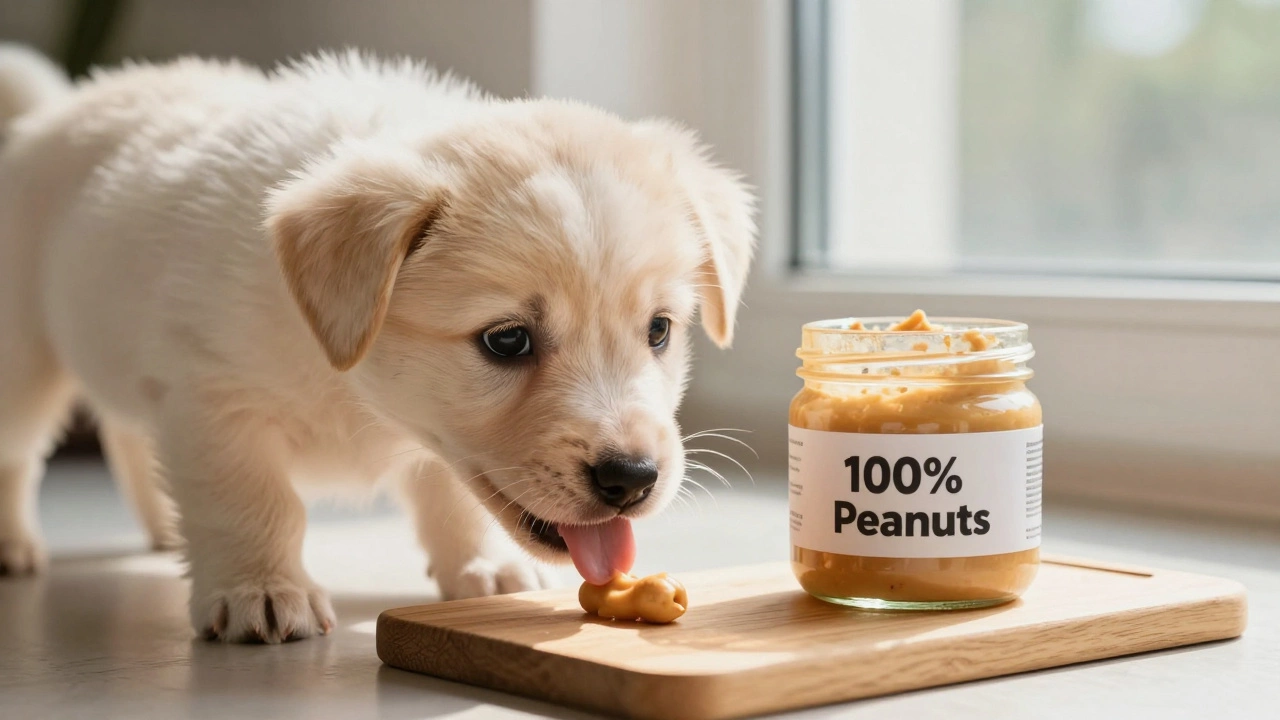Dog Training Tips and Tricks for Happy Dogs
Training your dog doesn’t have to be a mystery. Whether you have a new puppy or an older dog that needs a refresher, the right approach can make life easier for you both. Here’s a straightforward guide that covers the basics, gives you a few clever shortcuts, and points you to the best resources around South Tyneside.
Basic Commands Every Dog Should Know
Start with the three core commands: sit, stay, and come. Keep sessions short—five minutes tops—so your dog stays focused. Use a high‑value treat (like a piece of cheese) and praise loudly when they get it right. Repeat the word, the hand signal, and the reward in the same order each time. Consistency builds the habit faster than a long, drawn‑out lesson.
Once those three are solid, add "down" and "leave it." The key is to practice in different spots: the kitchen, the park, even the living‑room couch. Dogs learn best when they see the cue works everywhere, not just in one room.
Crate and House Training Made Simple
Crate training can feel intimidating, but think of the crate as a safe den. Choose a crate that lets your dog stand, turn, and lie down comfortably. Put a soft blanket inside and leave the door open at first. Toss a treat in and let your dog explore without pressure.
When your dog steps in voluntarily, close the door for a few seconds, then open it and reward. Gradually extend the time. If your dog whines, check for a bathroom break before letting them out—most whining is just a call to go pee.
House training works hand‑in‑hand with crate work. Take your dog out on a regular schedule: after meals, after naps, and right after playtime. Use the same word (“outside” or “potty”) each trip so they link the cue with the action. Praise the moment they finish outside; the positive feedback cements the habit.
Training isn’t just about commands—it’s also about managing unwanted behaviour. If your dog jumps, turn away and wait for four paws on the floor before giving attention. This teaches them that calm behaviour earns your focus.
Socialising is another piece of the puzzle. Let your dog meet new people, other dogs, and different environments safely. Short, positive encounters prevent fear‑based reactions later on.
Need extra help? South Tyneside Pet Care offers one‑on‑one sessions, group classes, and online resources. Our trainers can spot tiny mistakes you might miss and give you a personalised plan.
Remember, patience beats perfection. Dogs pick up on your tone and energy, so stay calm, keep rewards tasty, and celebrate each tiny win. With consistency and a bit of fun, you’ll see steady progress and a stronger bond with your furry friend.
Do Vets Recommend Bark Collars? The Truth Behind the Controversy
Most vets don't recommend bark collars because they don't address the root cause of barking. Learn why positive training works better and what alternatives actually help your dog stay calm.
What Is the First Thing to Train a Dog? Start With This Basic Skill
The first thing to train a dog isn't a trick-it's impulse control. Learn how to teach your dog to pause, wait, and respond calmly before moving on to sit, stay, or come.
DIY Dog Training: Step‑by‑Step Guide to Teach Your Dog at Home
Learn how to train your dog yourself with clear steps, proven methods, and tips for common problems. Boost obedience, strengthen bonds, and enjoy a well‑behaved pet.
Vibrating Dog Collars: Safe Training Tools or Harmful Gadgets?
Curious about vibrating dog collars? Discover how they work, their risks and benefits, and if they're right for your dog's training and wellbeing.
Dog Collars: What Really Stops Dogs from Barking?
Tired of your dog turning every sound into a full-blown barking concert? This article unpacks what truly works to stop dogs from barking, especially when it comes to different kinds of dog collars. You’ll get the lowdown on which types are effective, how they actually work, and things you might not have thought about. We’ll also look at why dogs bark so much in the first place and when collars make sense versus other methods. By the end, you’ll learn real-world tips for a quieter home.
Do Dogs Know Their Names? What Science and Owners Say
Ever wondered if your dog really knows its name or just responds to any sound you make? This article breaks down what research says about dogs and name recognition, how you can test it yourself, and why name recall is so handy on holiday trips. Learn some fun and practical training tips to help your dog respond better and understand the connection between name training and safe, happy vacations together.
Why Do People Hate Prong Collars So Much?
Prong collars often stir up strong feelings among dog owners and trainers alike. While some see them as useful training tools, others criticize them as cruel and outdated. Understanding both sides of the argument can help pet owners make informed decisions about their use. With safety concerns and ethical considerations at the forefront, finding the balance between effective training and humane treatment is key. Let's explore why these collars are so controversial and what alternatives might suit your furry friend.
When Do Puppies Calm Down and Which Toys Help?
Raising a puppy can be both joyful and challenging, with the chaos often peaking during their early months. Puppies usually start to settle down around the age of six months, when their energy levels fluctuate and they're better able to understand commands. This calming phase can vary widely between breeds and individual pups. Engaging in play with the right toys can significantly aid in managing their energy and promoting better behavior. By incorporating toys that stimulate their minds and satisfy their natural instincts, owners can ease the transition to a calmer pup.

